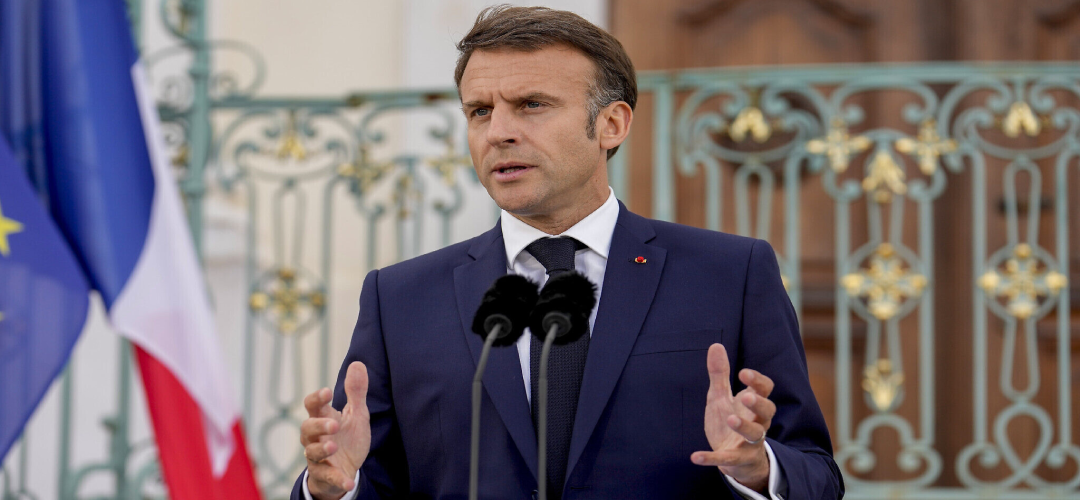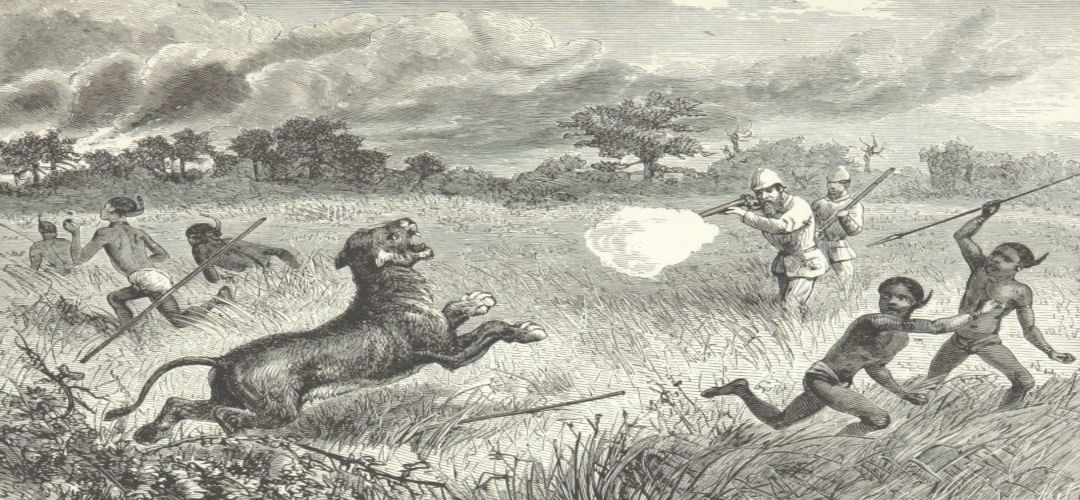The call for snap elections is a clear sign of panic in the Macron camp.
On the heels of a crushing defeat in the European Parliament elections, French President Emmanuel Macron made a bold and unprecedented move by calling for early parliamentary elections. The European elections saw the far-right National Rally (Rassemblement National or RN), led by Marine Le Pen, secure over 31 per cent of the vote. Macron’s coalition managed less than 15 per cent, signalling deep dissatisfaction with his administration.
Faced with an emboldened far-right and a fragmented political landscape, Macron’s decision to dissolve the French Parliament and call for snap elections set off a wave of political turmoil and protests across France.
The elections are scheduled for two rounds, on June 30 and July 7. This high-stakes gamble is aimed at testing the mood of the French electorate and the viability of Le Pen’s party in leading the country. Macron hopes that the electorate while expressing dissatisfaction through the European vote, might resist handing over control of the National Assembly to the far-right ahead of the 2027 presidential elections.
Background
Deep divisions and uncertainty currently mark the political landscape in France. The far-right National Rally, buoyed by its recent electoral success, is poised to challenge for control of the National Assembly.
The rise of the National Rally in France is not an overnight phenomenon but the culmination of decades of growing support for far-right ideologies. The party, originally founded by Jean-Marie Le Pen and now led by his daughter, Marine Le Pen, has undergone significant transformation. Under Marine Le Pen’s leadership, the party has softened its image, distancing itself from the more overtly xenophobic and anti-Semitic rhetoric that characterised her father’s tenure. This rebranding effort has included dropping explicit calls for France to leave the European Union and NATO, focusing instead on more mainstream concerns such as immigration, national security, and economic nationalism.
The National Rally’s recent success can be attributed to several factors. Firstly, the party has capitalised on widespread discontent with Macron’s government, particularly over issues like immigration and economic insecurity. Secondly, the party’s deputies have maintained a disciplined and professional demeanour in the National Assembly, countering the stereotype of far-right politicians as chaotic and disruptive. This perceived professionalism has helped normalise the party and made its radical platform more palatable to a broader segment of the electorate.
Jordan Bardella, a rising star within the National Rally, has further contributed to the party’s appeal, particularly among younger voters. At just 28 years old, Bardella’s narrative of rising from a low-income family of Italian origin to a prominent political figure resonates with many disenchanted with traditional political elites. His social media presence, particularly on platforms like TikTok, has helped the party connect with a younger, more diverse audience.
The centre-right Republicans are in disarray, having ousted their leader, Éric Ciotti, after he suggested an alliance with the National Rally. Meanwhile, traditionally at odds, left-wing factions have formed a coalition to block the far-right’s ascent. This “New Popular Front” aims to prevent a National Rally majority by uniting diverse factions, including communists, greens, social democrats, and the far-left La France Insoumise.

Analysis
The upcoming elections are expected to be fiercely contested, with polls indicating a close race between the National Rally and the left-wing coalition. According to the latest opinion polls, the National Rally is projected to secure around 29.5 per cent of the vote in the first round, with the left-wing alliance close behind at 28.5 per cent and Macron’s Renew coalition trailing with 18 per cent.
Macron’s decision to call early elections is filled with risks. France could see a significant shift in domestic and foreign policies if the National Rally gains a majority. Le Pen’s party, known for its nationalist and Eurosceptic stance, could change France’s approach to immigration, security, and its relationship with the European Union. This potential shift will have implications for France and the stability and unity of the EU.
However, even if the National Rally does not secure an outright majority, a strong showing could result in a hung Parliament, leading to legislative paralysis. In such a scenario, Macron’s ability to govern effectively would be severely compromised, with censure motions and political deadlock becoming the norm. This would undermine Macron’s agenda for the remainder of his term and could further erode public confidence in his leadership.
Further, political instability could have economic repercussions. The uncertainty surrounding the elections has already impacted financial markets, with the CAC40 index experiencing significant losses and French government bonds facing increased pressure. A protracted period of political instability could deter investment and slow economic growth, compounding France’s challenges.
Macron’s strategy of calling early parliamentary elections can be seen as a high-stakes manoeuvre aimed at consolidating support from moderate and centrist voters while preventing the far-right National Rally from gaining a strong foothold in the French political landscape. By framing these elections as a critical referendum on the rise of the far right, Macron seeks to mobilise voters disillusioned with traditional parties but wary of the National Rally’s extreme policies.
However, the strategy is fraught with significant challenges. The French political environment is deeply polarised, with substantial divisions between various ideological factions. Uniting the centre and left under a single banner against the far right requires overcoming historical animosities and ideological differences, which is a formidable task. Macron’s personal unpopularity compounds this difficulty. His administration has been criticised for perceived arrogance and detachment from the everyday concerns of ordinary citizens, which could alienate potential allies and moderate voters. This unpopularity may hinder efforts to build a broad-based coalition capable of effectively countering the National Rally.
Assessment
- A strong showing by the National Rally could lead to a significant realignment of French politics, potentially pushing the country towards more nationalist and Eurosceptic policies. This would not impact France’s position on the international stage, particularly within the EU.
- Conversely, if Macron’s coalition manages to stave off the far-right challenge, it could reinvigorate centrist and moderate forces within French politics, providing a mandate to pursue reforms and policies to address the underlying issues driving populist sentiments. However, even a narrow victory for Macron’s coalition could result in a fragmented and contentious National Assembly, making governance difficult.
- Macron’s gamble of calling early elections underscores the precarious state of French politics. The next few weeks will be pivotal in determining whether this strategy consolidates moderate forces against the far-right surge or precipitates a further shift towards political fragmentation and extremism.




